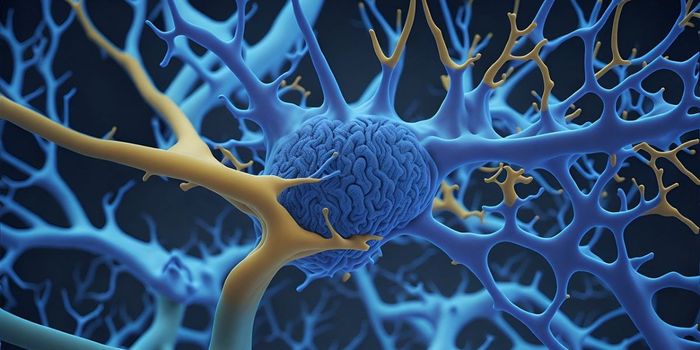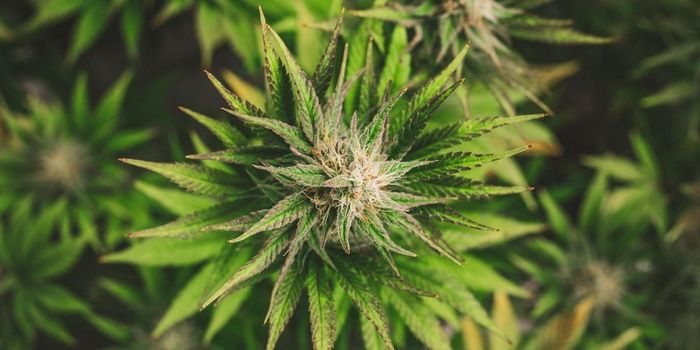Potential of Medical Cannabis for ADHD Symptom Management
Although attention-deficit/hyperactivity disorder (ADHD) has been previously regarded as a neuropsychiatric disorder that occurs only during childhood, recent longitudinal studies propose that ADHD persists into adulthood for up to 65% of childhood patients.
Notably, survey studies indicate that the overall prevalence of adult ADHD (aADHD) in the U.S. is 4.4% – that’s nearly 10 million adults in America that had a diagnosis of ADHD in 2006.
Stimulant medications are the current paradigm treatment for ADHD; however, these medications have been associated with a variety of adverse drug effects (i.e., insomnia, headaches, irritability, and appetite reduction).
Within the past few years, a limited but growing body of evidence suggests that symptoms of ADHD may be improved by medical cannabis use.
While previous studies have indicated that individuals with ADHD are associated with an increased likelihood to use cannabis, the impact of cannabis use on ADHD-related symptoms, medication side effects, and executive dysfunction remain understudied.
Executive dysfunction is an umbrella term that refers to the spectrum of cognitive, behavioral, and emotional impairments that generally arise from another disorder (i.e., ADHD) or traumatic brain injury. Individuals with executive dysfunction have a hard time with problem-solving, planning, organization, and time management tasks.
ADHD and executive dysfunction are closely coupled. Accordingly, the deficiencies in goal-oriented task performance mentioned above are especially apparent in individuals with ADHD.
In a recent study published in the Journal of Attention Disorders, an online survey was used to interrogate the self-perceived effects of cannabis use on ADHD-related symptoms, medication side effects, or executive dysfunction in students over 18 years old. Study participants who reported experiencing ADHD-like symptoms, those with undiagnosed but mildly symptomatic ADHD, and those declaring to have received a physician’s ADHD diagnosis reported acute beneficial effects on multiple ADHD-related symptoms (i.e., hyperactivity and impulsivity) following cannabis use. Moreover, participants with prescriptions for ADHD medication reported that they experienced improvements in the majority of their medication side effects (i.e., irritability, anxiety) after using cannabis. Moderation analyses revealed that frequency of cannabis use plays a significant role in moderating the associations between ADHD-related symptom severity and executive dysfunction.
The researchers concluded that using cannabis more frequently may ameliorate ADHD-related executive dysfunction. Furthermore, they suggested that individuals with ADHD may choose to self-medicate with cannabis to manage their symptoms and medication side effects.
Ultimately, these results highlight that there is indeed potential for cannabis to aid in ADHD management. However, this study has only scathed the surface in understanding the effects of cannabis use on individuals with ADHD; thus, many further studies will need to be conducted to substantiate these findings.
Sources: National Institute of Mental Health; Therapeutic Advances in Psychopharmacology; Team ADHD; The American Journal of Psychiatry; ADDitude Magazine; Journal of Attention Disorders









